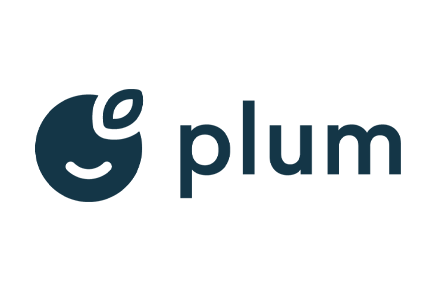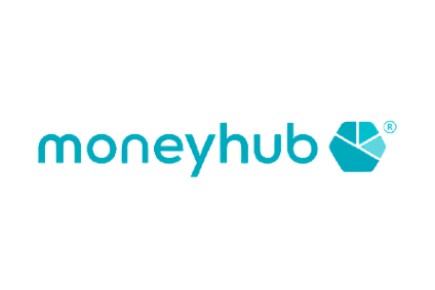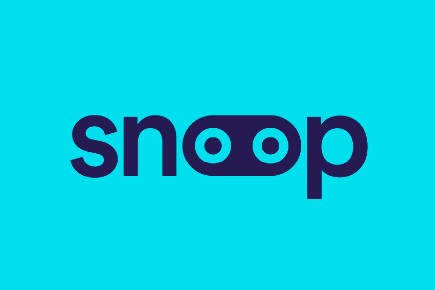Budgeting is an integral part of your personal finance strategy and a new wave of budgeting apps have used automation to make this process quick, easy, and achievable for everyone.
Effective budgeting can lead to greater financial freedom, but which of the many apps on offer is best suited to your needs? Read my full guide to learn the pros and cons of the apps on offer.
Also consider: Best Money Saving Apps
Plum
- Free for the standard plan; £1 for Plum Plus; £2.99 for Plum
Pro; £4.99 for Plum Ultra - Savings pockets and investment funds
- Direct debit card available
Capital at risk.
Moneyhub
- 99p per month, first six months free
- Spending analysis and spending goals
- Financial advice available
Capital at risk.
Snoop
- Completely free to use
- Discount code finder
- Energy bills comparison tool
Capital at risk.
Plum – Best all-rounder
Plum
Of all the money-saving apps and budgeting apps that I have downloaded and used whilst conducting these reviews, Plum is the one I’ve kept. It does exactly what it says on the tin and has been a very effective tool for saving unnoticeable sums of money, investing, and now budgeting with their Money Maximiser tool.
This does come at a cost however, it is very effective at helping you stay on track and the cost includes a stocks and shares ISA for investing, a high-interest savings account, and an enhanced Cashback rate of +25% when you shop at any of their partner brands.
Pros
- Savings are protected by the Financial Services Compensation Scheme
- Very quick and easy to open an account and link to your main account
- Effective way to start budgeting and saving
Cons
- High cost to access budgeting features however, this does come with several other features
- Customer service are slow to respond
- Earn interest
- Automated savings and rounding up feature
- Lost money alerting you when you are overpaying on bills
- Unlimited withdrawals
- Multiple pockets for targeted saving
- Invest in a choice of funds
- Gamify your savings with the 52-week challenge
- Goals to set saving targets for each of your pockets
- Cashback when you shop at partner retailers
- Diagnostic reports to analyse spending
- Money maximiser to turn your monthly paycheck into a weekly budget while earning the maximum interest
- Withdraw money easily to your main bank account
- Separate savings account with interest
| Monthly Cost | Additional Features | |
| Plum Basic | FREE |
0.25% AER Automated Savings |
| Plum Plus | £1 |
0.4% AER Investments |
| Plum Pro | £2.99 |
Goals Cashback Diagnostic reports |
| Plum Ultra | £4.99 | Money Maximiser |
Emma – Best budgeting app for helping to manage debt
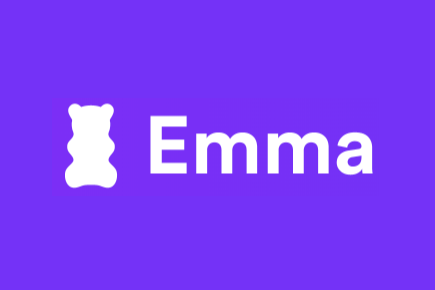
Emma
If you are struggling to manage debt then Emma is a great option. Emma pulls data from all your accounts including credit cards, current accounts, credit accounts, savings, investments, and pensions so it can provide you with a full and detailed picture of where you stand financially.
Emma can help most people save money instantly by identifying and cancelling wasteful subscriptions. The app will also track and categorise your expenses and sync your budgets to payday as well as provide advanced insights into your spending patterns so you can identify where your money is going and make the appropriate adjustments.
Pros
- Quick and easy to sign up
- Daily balances to help you stay on track
- Help manage debt across all your accounts
Cons
- Most features are only accessible via the paid plans
- Not all banks are supported
- Avoid overdrafts
- Find wasteful subscriptions
- View all accounts in one place
- Sync your budgets to payday with advanced insights into spending behaviour
- Set spending limits
- Easy to add a new bank account
- Standard Emma Free
- Emma Plus £41.99 per year or £4.99 per month
- Emma Pro £83.99 per year or £9.99 per month
- Emma Ultimate £124.99 per year or £14.99 per month
30% discount on the monthly plan if you pay annually
Money Dashboard – Best for desktop and best free budgeting app
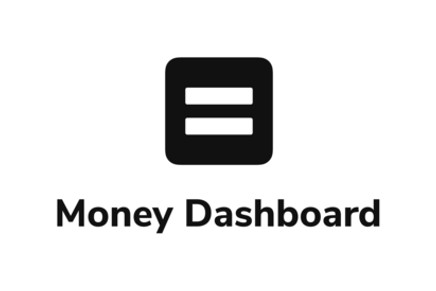
Money Dashboard
As with Plum and Emma, Money Dashboard uses Open Banking to connect to your bank accounts, credit cards and savings accounts in order to provide a detailed overview of where your money is going.
Unlike Plum and Emma, Money Dashboard is completely free and able to connect to every major UK bank. Where Money Dashboard shine is by helping you understand how your spending habits have changed over time, organising your transactions into categories and allowing you to set multiple budgets so you can save for one-off events.
This option does require a little more input from the user in the form of setting your budget so if you want a totally hands-off approach this won’t be your best option.
Pros
- Free even for features that other apps charge for
- Available on desktop
- Highly customisable
Cons
- Requires user input especially on set up
- No view of pending transactions
- Can be a little clunky to use
- Split transactions
- Transfer money between your accounts in one app
- Custom categories for personalising how your spending is organised
- Spending history and analysis
- Warnings when your balance is getting too low to pay upcoming bills
- Set budget goals
- Budget from payday to payday
- Predicted balance
- View balance after bills
Nothing to see here! Money Dashboard is completely free!
Moneyhub – Best for financial advice
Moneyhub
If your finances are slightly more complicated than the average person then you may benefit more from the personal finance app, Moneyhub. Like the other platforms, Moneyhub connects to all your accounts including bank accounts, investment accounts, credit cards, and savings accounts in order to provide valuable insights to help you budget effectively.
Where Moneyhub stands out from the competition is that they also offer human financial advice. This makes them ideal for people with multiple financial accounts and for couples who are looking to combine their wealth.
Pros
- Powerful spending insights and excellent budgeting tools
- Access to human financial advisors
- Very quick and easy to sign up
Cons
- There are free budgeting apps that offer a lot of these features
- Users have experienced technical difficulties
- Spending analysis
- Custom categories for transactions
- Ability to split transactions into more than one category
- Spending goals and budgets
- Nudges on your current position for your budget
- Transfer money between linked accounts
- Manage direct debits
- Connect to a financial advisor
- Forcast feature to help plan for the future
- First six months completely free of charge
- £0.99 a month or £9.99 per annum
Snoop – Best for saving money
Snoop
Snoop claim that they can save the average household £1,500 a year simply by connecting all your financial accounts in one place, helping you keep to budgets and suggesting areas where you can potentially save money and cancel wasteful subscriptions.
Snoop will suggest alternatives to household bills such as utilities, broadband, insurance and mortgage providers which is perfect for busy households that don’t have time to find the best bargains. Snoop can also help you find a better interest rate on your savings and categorise your spending so you can make instant savings.
Pros
- Free to use
- Quick and easy to install
- Could help you save money in minutes
Cons
- Some features found on other apps are missing
- Snoop do sell customer data however this never includes personal information
- Spending sorter to help you understand where your money is going
- Payment hub to give an overview of upcoming bills
- Discount code finder
- Energy checker to help identify cheaper suppliers
- Spending summaries
- Money-saving scanner with sales and offers
- Mobile and broadband checker
- Card checker
- Insurance checker
- Look ahead
- Mortgage manager
Nothing to see here. Snoop is completely free
What are budgeting apps?
Budgeting apps use Open Banking to connect to all your bank accounts in order to help you with money management. They can collate all your income and expenses in order to help you set a monthly budget and thus improve your financial situation.
The most popular budgeting apps come with handy budgeting features such as instant notifications, spending summaries, custom categories, and saving goals. These can help you make good financial decisions and instil excellent money habits that change your everyday spending to help you save money.
What is Open Banking?
Open Banking is an initiative launched in 2018 that allows banks to share your financial data with third parties but only with your permission. This has changed the way we manage our personal finances and can effectively help you manage your money using complex algorithms and artificial intelligence. Many budgeting apps use Open Banking in order to provide financial services and create budgets.
How to choose which is the best budgeting app for you
Which of these apps is best for you will largely depend on your personal finances and savings goals. Whilst many will link effortlessly to multiple bank accounts, it is worth checking that they will link to the credit card accounts and bank accounts that are relevant to your budgeting.
Most budgeting apps do not impose a minimum term and there are a number of free apps available so it could be worth downloading a few and using trial and error to discover which is best suited to your needs.
Best Budgeting Apps UK FAQs
Are these apps safe?
Which are the best free budgeting apps?
Money Dashboard and Snoop are my two picks for the best personal finance app that is completely free of any charges. They don’t require you to upgrade to a premium account in order to unlock the more advanced features they offer.

